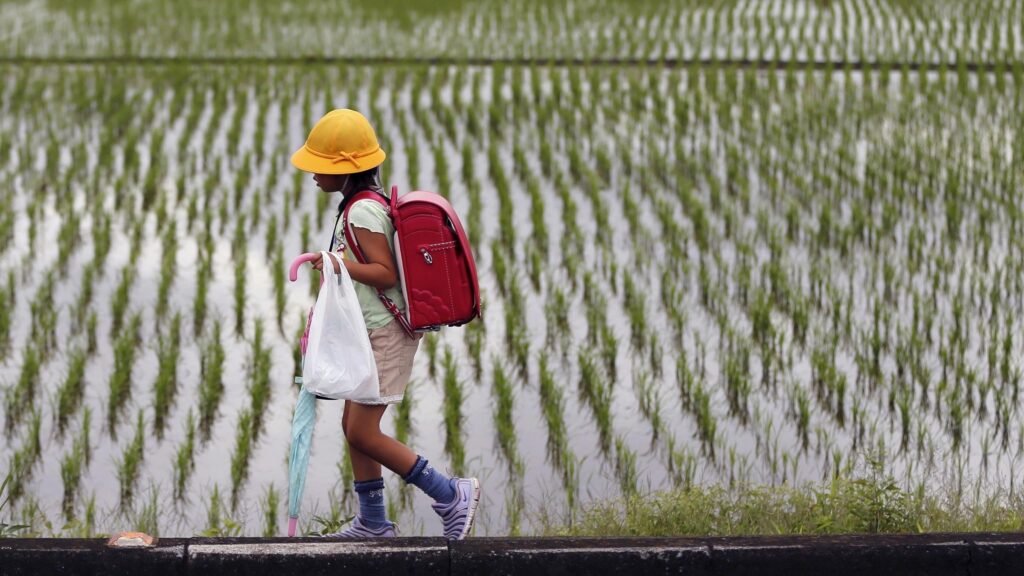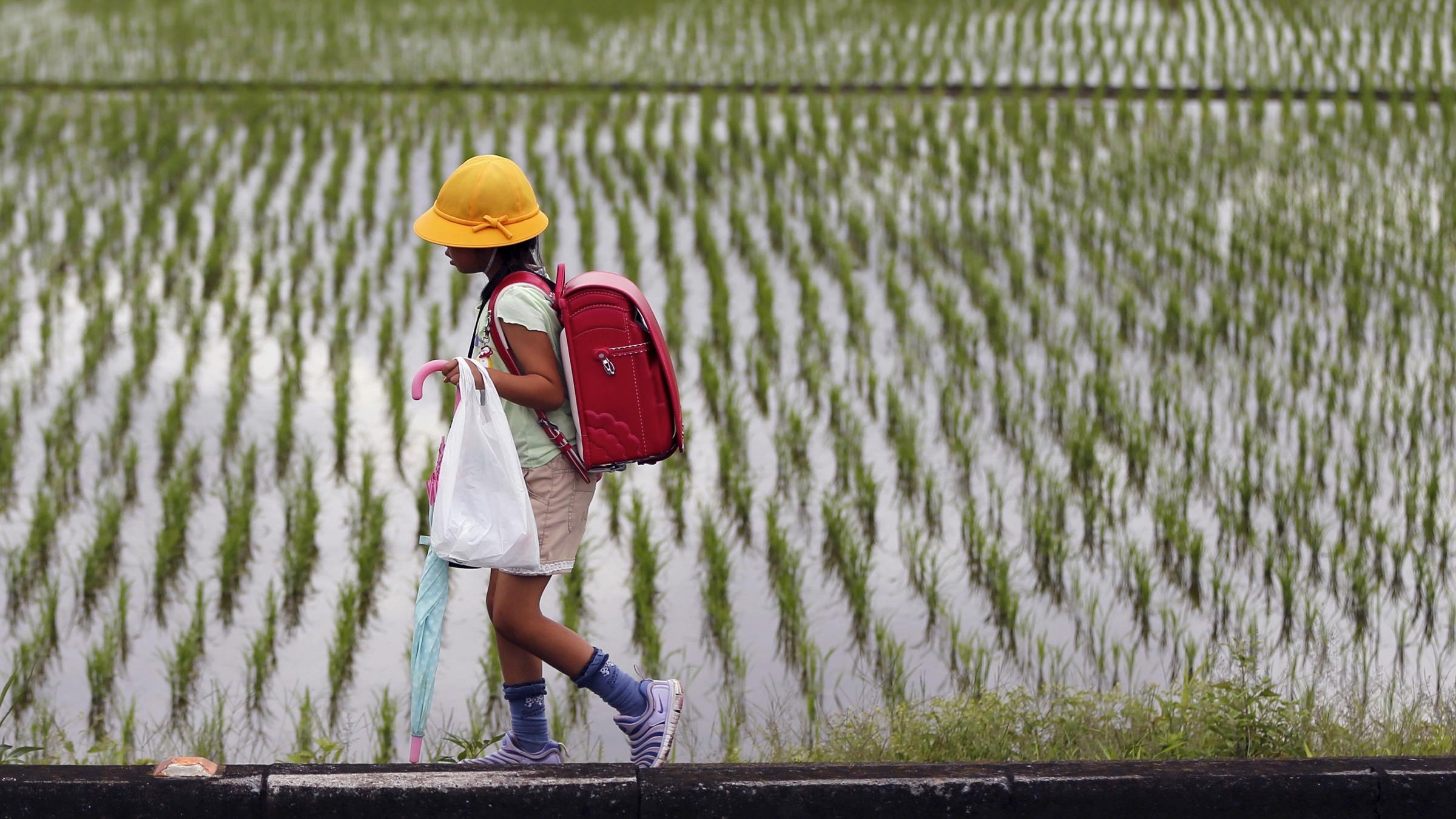
When half of the world is ruled by people who don’t understand global warming, we need to ensure that we raise the future generations with care for the environment. Of course it may be too late by the time they grow up, but as the old adage goes, it is better late than never. Let us have a look at how we can instil sustainability in young minds.
Every school teaches us to care for the environment and the planet. I remember learning about the 3 R’s (reduce, reuse and recycle), animal extinctions due to human activities (dodo’s), carbon cycles and global warming back home in the UAE. Yet the country remains one of the highest energy intensive economies in the world. How do we instil a culture of caring for the environment in today’s urban kids who are completely disconnected from nature?
The Japanese culture is known for its humility, cleanliness and acts of gratitude. The term mottoinai (Waste not, want not) is deeply embedded in the environmentalist movement in Japan. Today, we look at Sakuraidani Elementary School in Toyonaka, a prefecture in Osaka, the Manchester of the Orient. The school is set amidst an urban jungle with classrooms stacked on top of each other in multiple stories. Textbooks and worksheets play an integral in the students’ lives (as in any Asian country, from China to India).
However, you enter a different reality once you step into the school. There are over a dozen student-managed vegetable and herb gardens. In contrast, the University of Leeds with its sprawling campus and grass lawns has one. There is even a small paddy field and the harvest season brings the students and the parents together. I have never seen an urban Indian school who has let their students step out onto a paddy field let alone have one within their confines.
The school’s students have created artwork using recycled materials and haiku’s (short Japanese poems on nature) adorn the walls of the hallways. The school offers healthy lunches (My mid-morning break brunches in Dubai were either sandwiches, sausages or pancakes) and the students extensively used public transport and bikes to get to the school.
Another common theme in East Asian schools, including Japan and China, is the attention to cleanliness. The schools finish 15 minutes early to give the children time to clean the school inside out, including the toilets! The concept of Mottoinai is taken a bit further at Sakuraidani school as there was no rubbish bins anywhere in the school. There was no need for one as there was simply no waste.
As the world soared through globalisation, we often looked at the negative aspects of it- the damage on our environment and the society. Yet we forgot about the opportunity it presents even today, in the midst of the pandemic. It is the opportunity to learn and simulate good qualities from various societies around the world. The Japanese may have several problems on their own however, I would love to see some of these activities back home in our own schools.
